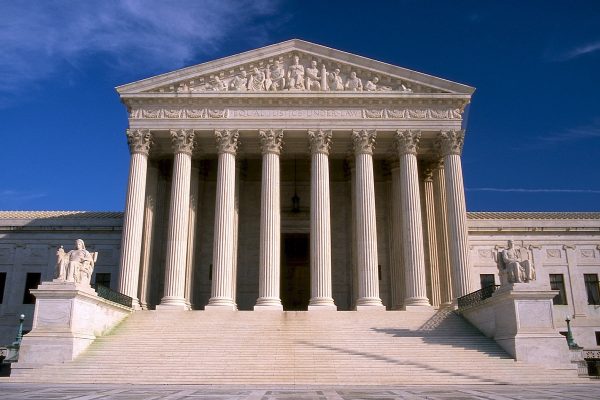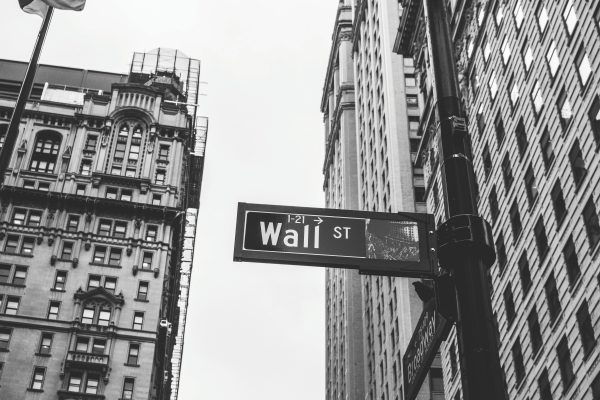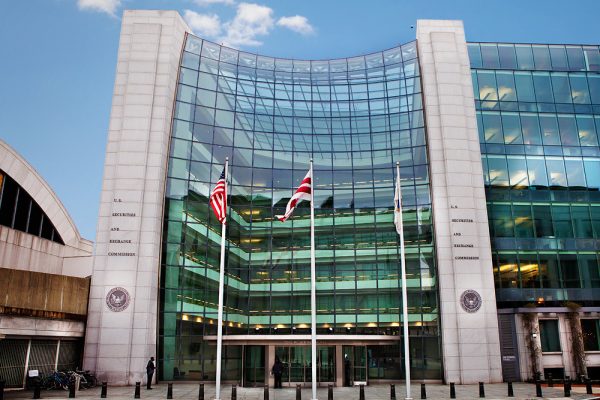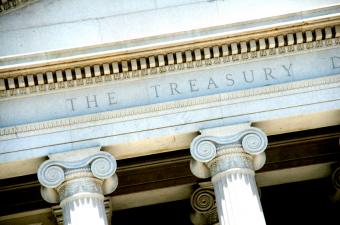The explosion of low-quality lending has brought debt loads in corporate America to record highs, a development that is likely to bring, in the coming years, a wave of defaults, slower growth, future job losses, and potential instability stemming from the utter opacity of this business. Despite the exponential growth in subprime corporate debt, our laws and regulations have not kept up, leaving policymakers and regulators in the dark as to the exact size of this market and where various risks may exist that could affect other financial institutions, companies, and their workers.










